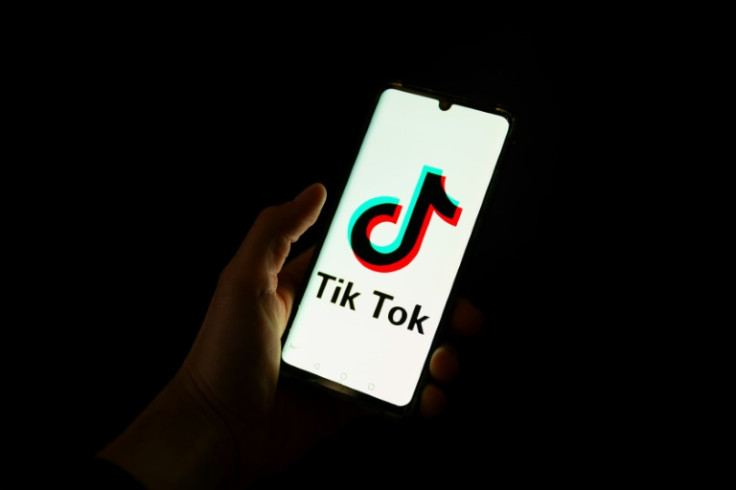
A federal court unanimously upheld on Friday a law that could ban TikTok in the United States if it's not sold to an American owner soon.
The law, passed in April by Congress and signed into law by President Joe Biden, determines that TikTok must be sold by January 19 of next year or face an effective ban.
"We recognize that this decision has significant implications for TikTok and its users," the court said, anticipating that the platform will "effectively be unavailable in the United States, at least for a time" if it does not divest.
"Consequently, TikTok's millions of users will need to find alternative media of communication," added the court in a passage of the majority opinion.
TikTok can now take the case to the Supreme Court. NBC News reported that the company will seek an injunction pending its appeal to the highest court in the country. TikTok has argued that the order is unconstitutional and violates its First Amendment rights. It also claims the Chinese government does not influence its algorithms.
ByteDance, TikTok's parent company, said earlier this year it has no plans to sell TikTok, leaving the app's legal appeal as its only option for survival. It said the U.S. Constitution is "on our side" and recalled that 170 million Americans use the app.
TikTok also argued that even if divestiture were possible, the app "would still be reduced to a shell of its former self, stripped of the innovative and expressive technology that tailors content to each user."
The U.S. government counters that the law addresses national security concerns, not speech, and that ByteDance cannot claim First Amendment rights in the United States.
"Given TikTok's broad reach within the United States, the capacity for China to use TikTok's features to achieve its overarching objective to undermine American interests creates a national-security threat of immense depth and scale," the U.S. Justice Department wrote in its filing.
The U.S. argues that ByteDance could and would comply with Chinese government demands for data about American users, or yield to Chinese government pressure to censor or promote content on the platform.
TikTok first faced scrutiny under Donald Trump's first administration, which tried unsuccessfully to ban it. That effort was halted when a federal judge temporarily blocked Trump's move, citing in part the potential infringement of free speech rights.
Trump has since changed his position, vowing during the presidential campaign to "save TikTok" if elected. He could grant a 90-day extension of the injunction "based upon progress" toward the divestiture order, the court's opinion said.
With information from AFP
© 2025 Latin Times. All rights reserved. Do not reproduce without permission.





